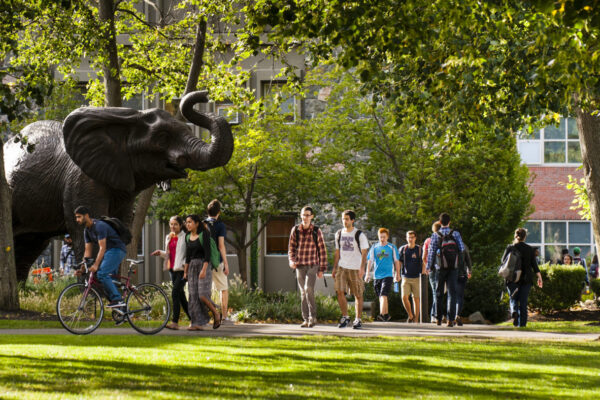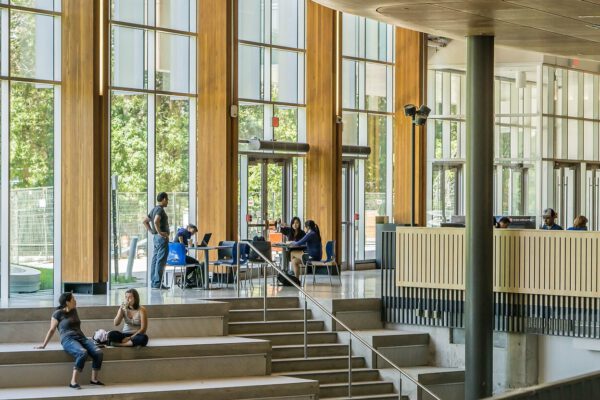Center for American Progress Brief Examines Pell Grant Data
Title: New Insights Into Attainment for Low-Income Students
Author: Victoria Yuen
Source: Center for American Progress
A brief from the Center for American Progress (CAP) highlights newly released U.S. Department of Education data demonstrating positive gains by and room for improvement in the federal Pell Grant Program.
As the main federal grant offered to low-income students, previous research often focused on first-time, full-time students. As the findings of the CAP brief show, when including Pell Grant recipients who enroll part-time and those who transfer in the data, it is clear that the Pell Grant alone is not enough to close existing completion gaps between wealthy and low-income students.
Key highlights from the brief include:
- Not all Pell students are falling behind: Pell recipients were slightly more likely to complete a credential within eight years of enrolling when compared with non-Pell recipients (37.7 percent and 37.1 percent, respectively).
- Non-first-time, part-time Pell students have higher rates of earning a credential than their non-Pell counterparts.
- For first-time, full-time Pell students, completion and credential-attainment gaps are largest at public and private four-year institutions compared with public two-year and for-profit schools.
Given the wide-ranging challenges that Pell-eligible students face, CAP recommends that institutions and policymakers invest in programs that provide academic and career advising, mentoring, and financial support for low-incomes students.
For more information about the data and CAP recommendations, click here.
—Jinann Bitar
If you have any questions or comments about this blog post, please contact us.


